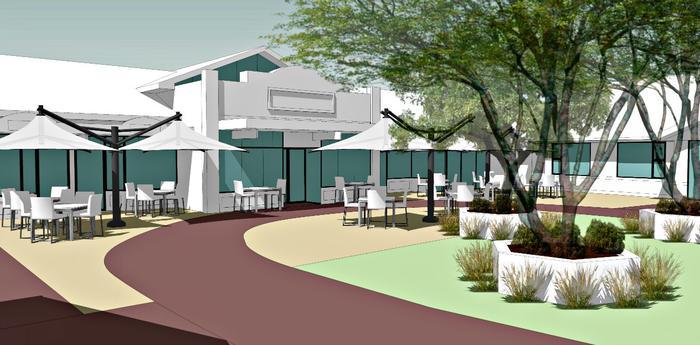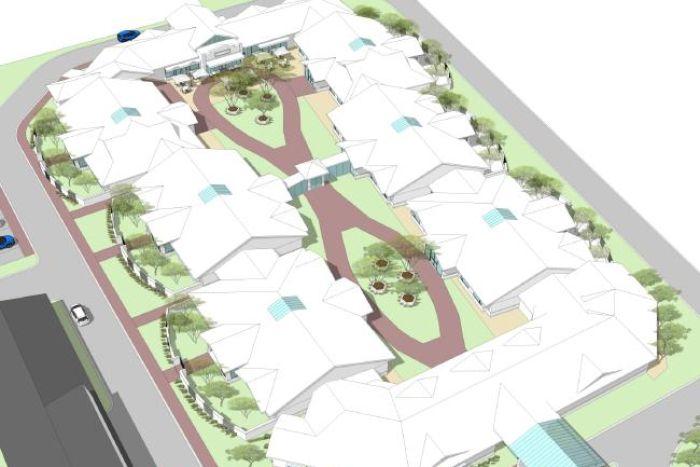Australia's first 'dementia village' planned in A$25m project
The project aims to simulate real life as much as possible

Your support helps us to tell the story
From reproductive rights to climate change to Big Tech, The Independent is on the ground when the story is developing. Whether it's investigating the financials of Elon Musk's pro-Trump PAC or producing our latest documentary, 'The A Word', which shines a light on the American women fighting for reproductive rights, we know how important it is to parse out the facts from the messaging.
At such a critical moment in US history, we need reporters on the ground. Your donation allows us to keep sending journalists to speak to both sides of the story.
The Independent is trusted by Americans across the entire political spectrum. And unlike many other quality news outlets, we choose not to lock Americans out of our reporting and analysis with paywalls. We believe quality journalism should be available to everyone, paid for by those who can afford it.
Your support makes all the difference.Australia’s first residential complex designed especially for people with dementia is set to be built in Tasmania.
The A$25m (£15m) Korongee project will provide accommodation for 90 people, with 15 tailored houses, a supermarket, cinema, café, beauty salon and gardens.
The complex will be built on a derelict site in the suburb of Glenorchy in Hobart and has been designed to reflect the surrounding Tasmanian landscape.
It also takes inspiration from similar projects around the world, such as De Hogeweyk village in the Netherlands, whose residents have been shown to live longer and be less reliant on medication than they would otherwise be.
Funded by aged care provider Glenview Community Services, health sector superannuation fund Hesta and the Commonwealth Government, building is expected to get underway next year and is due to be finished in mid- to-late 2019.
Residents will have independence as well as support, and the village aims to simulate real life as much as possible.
“For us, this is actually about providing a service for those people who can't afford to get into a service that might be bells and whistles costing dollars,” Glenview CEO Lucy O’Flaherty told ABC News.
“This is actually about responding to the most disadvantaged in our community. They’ll have staff that will [take part in] discreet observation, there will be technology, the design of the facility will be as such that it will support residents within the village.”

Residents will also be housed in sections based on who is likely to share their lifestyle – putting artists and writers together, for example.
The shops and businesses in the village will all be real, and staff will be given specific training:
“We will be supporting all the staff, whether they are the staff of these organisations, to get trained so that they're really clear about dementia and how to care for people living with dementia to create the most normal and real environment,” Ms O’Flaherty said.
The village will be open to the public, too, with certain areas remaining private for residents.
Join our commenting forum
Join thought-provoking conversations, follow other Independent readers and see their replies
Comments